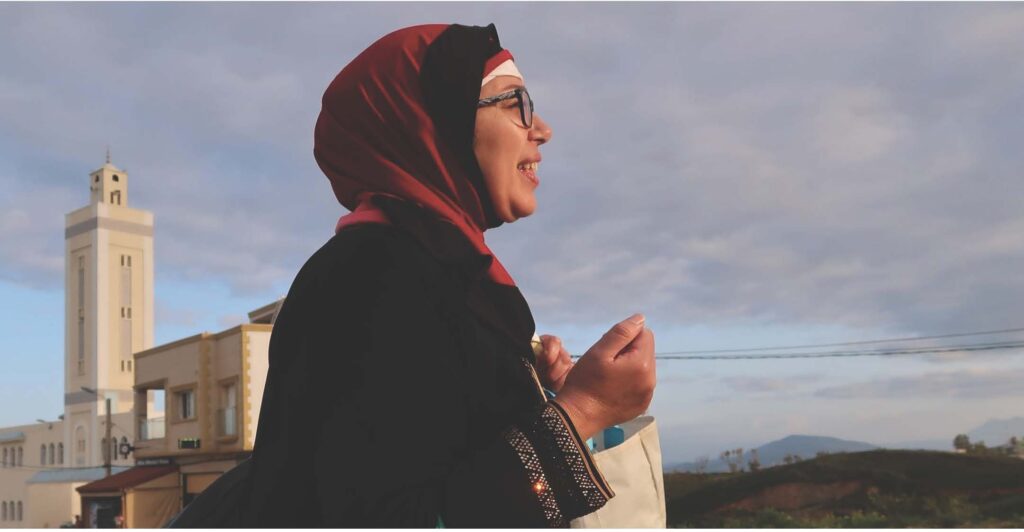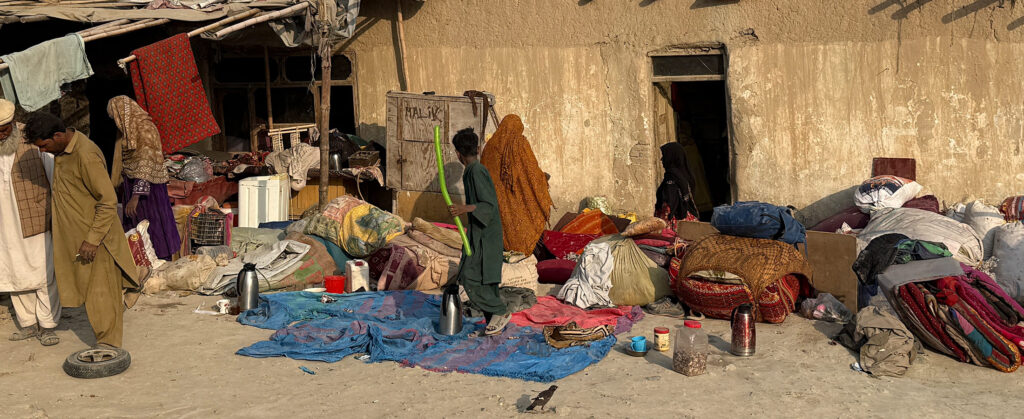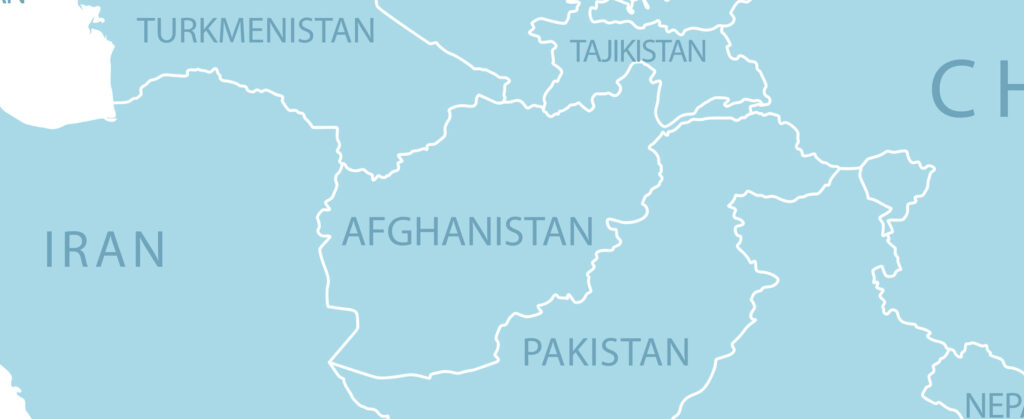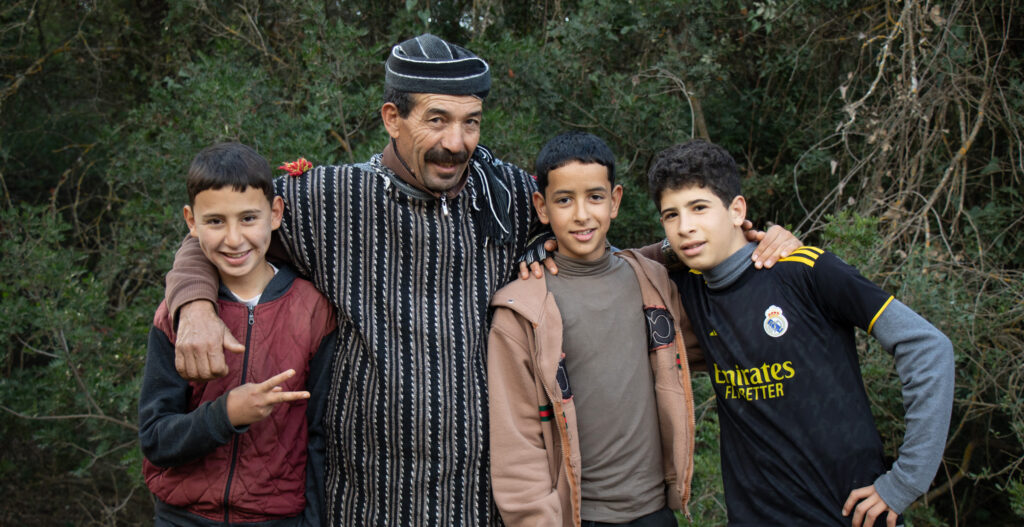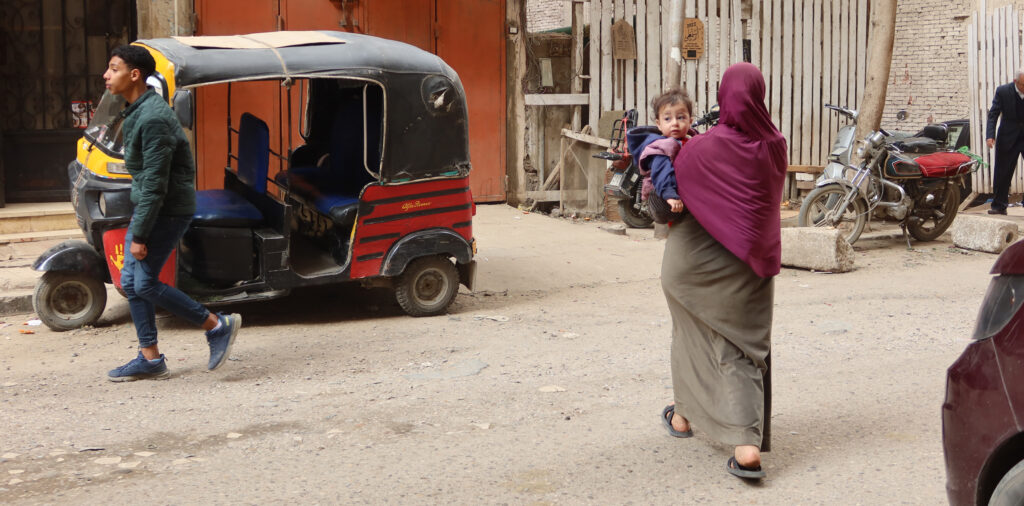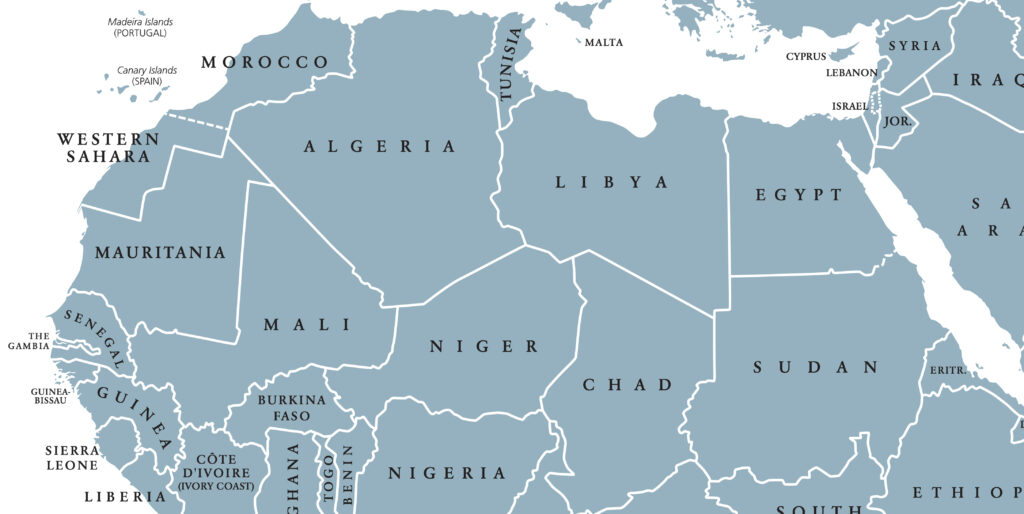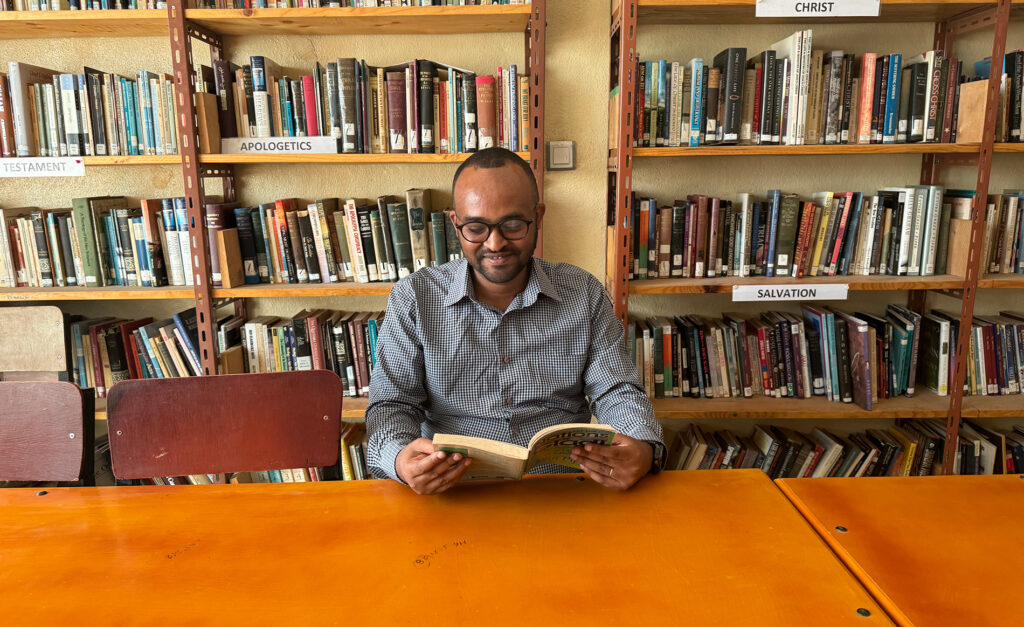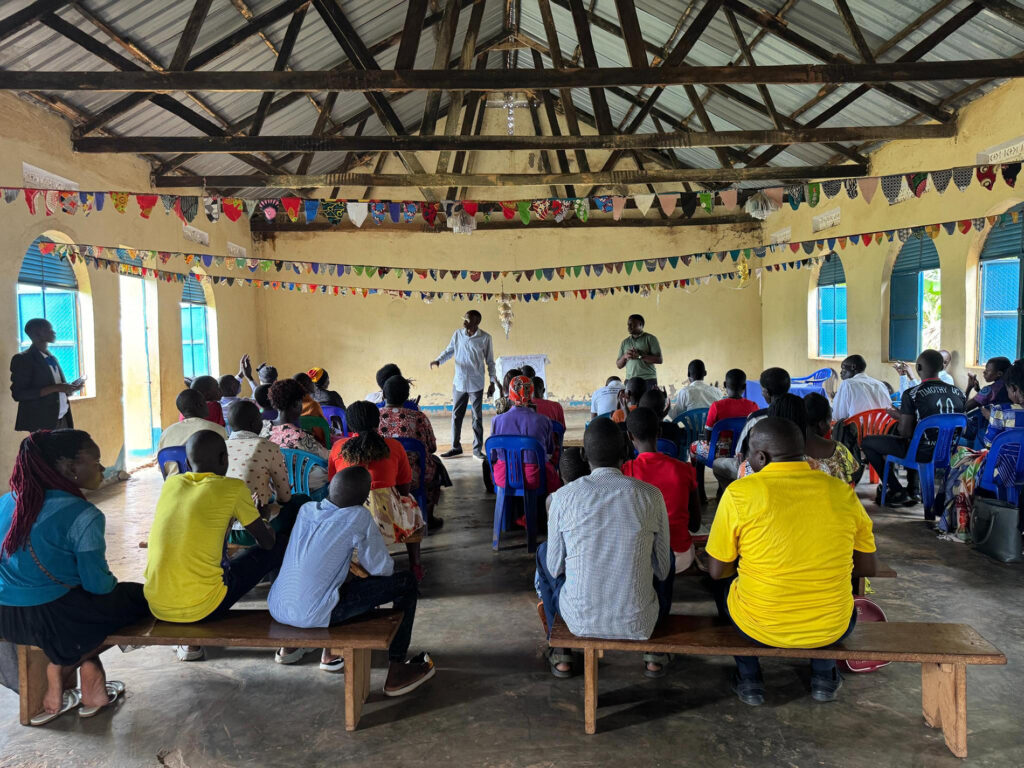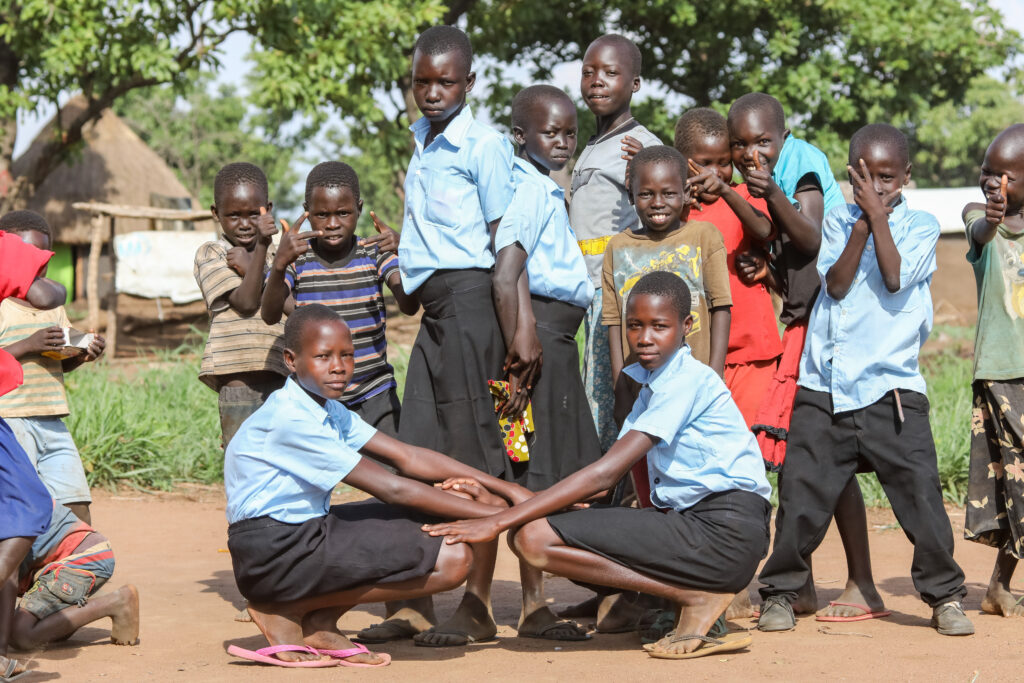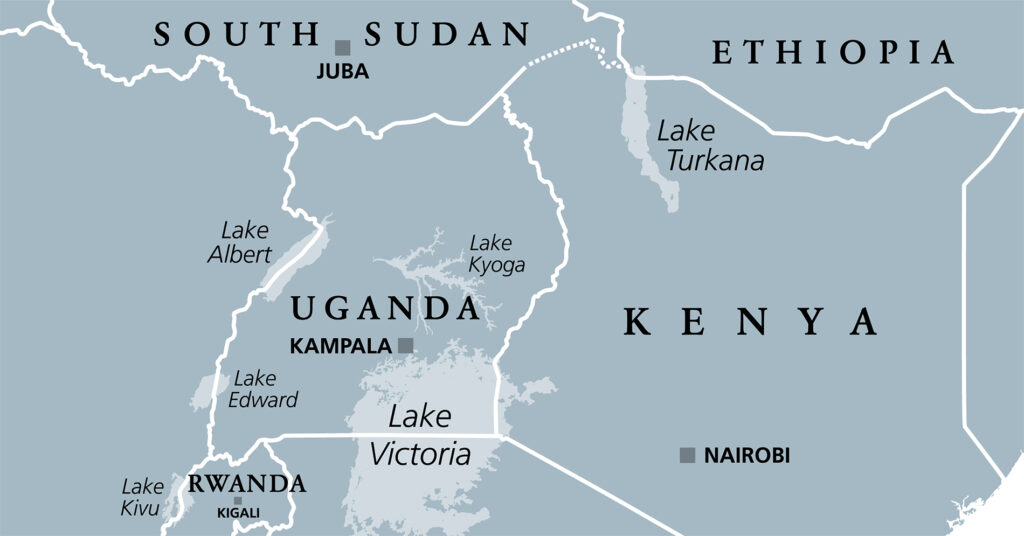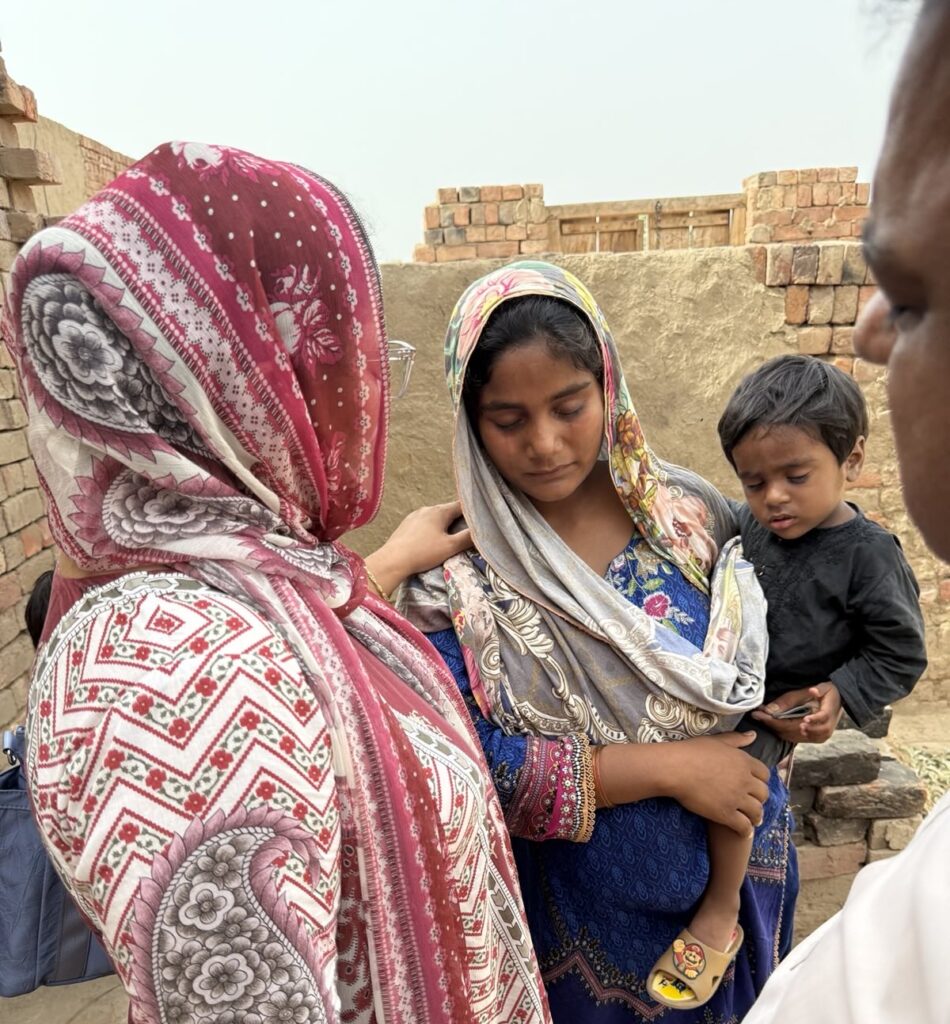The three women entered the Tunisian church shortly before worship. Speaking Arabic, they asked if they could join the service. The church members assumed they were Tunisians who were interested in Christianity, and they welcomed them. But as they chatted, the Christians realized the women were not simply curious. They knew the Bible well.
After the service, the ladies approached a leader. “May we have some Bibles?” they asked. The Christians gladly gave them Bibles, and it was then that the women revealed they were from Libya, one of the most anti-Christian places in northern Africa. The women related that they led a group of underground Christians, and the Bibles were for these secret believers.
“You can see what God is doing. There may be many, many others like these ladies,” an ICR field worker in the region said.
Bibles were precious to the three Libyan Christians. Inside Libya, Bibles aren’t available; they must be smuggled in.
As leaders of a secret church, these Libyan women are in great danger. In their country, Islamist extremist groups, society, and family persecute Christians. But for those who discover hope in Jesus Christ, the risk of persecution is worth it.
Closing Churches
Until recently, Christians in neighboring Algeria had more freedom than Libyan believers. With 50,000 to 100,000 Christians in the country, churches could meet openly and own buildings. Many were registered with the government. The Èglise Protestante d’ Algérie (EPA), an evangelical association, represents more than 45 churches in the country.
But in 2017, the government started tightening its grip. They began closing churches, going as far as padlocking the doors and posting notices that the churches were illegal. The downward spiral continued.
In September 2023, Youssef Ourahmane, the vice president of the EPA, was sentenced in absentia to two years of imprisonment and fined about $725 for holding an “unauthorized church meeting.” The alleged unauthorized meeting took place when Ourahamane spent three days over the spring holidays with a handful of Christian families at a sealed church compound.
High School Lock-in
Even in this increasingly strict context, Algerian Christians are bold. Every summer, a Christian group holds youth summer camps. Amid the tightening environment, the camp leaders had wondered if holding the camps was wise. But when they prayed, they felt peace.
The summer camps took place, but instead of having people coming and going, they treated camp like a week-long lock-in. Once everyone was there, they shut the door and didn’t let anyone in or out for a week. The strategy worked, and the group held five different camps without problems.
Family Persecution
Although government persecution has only recently grown worse, new believers in Algeria have always faced persecution from their family members. When a man named Basem* decided to follow Christ, his family confronted him. Basem worked as a general manager in his father’s factory.
His father told him, “If you don’t return to Islam, you will lose your job.” Basem declared that he was committed to Christ, so his father fired him.
Basem’s family then approached Basem’s wife and informed her, “Your husband is a nonbeliever [in Islam], and you should divorce him.”
She replied, “No, I need him. I love him, and I am a Christian as well.”
Then Basem’s parents approached his teenage children and asked them to separate from their parents because their parents were such a bad influence. But the children said, “No, we love our parents. We need them, and we are believers as well.”
Basem’s parents forced the whole family out of the house. They had nowhere to live and no income. ICR partners gave them funds to start a new business. Now they live in a different city, where they opened a copy and stationery shop near a university. They continue to faithfully follow the Lord.
Providing capital for new businesses has proven effective to help persecuted Christians in northern Africa. It helps in three ways: It counters the unemployment that Christians often face because of societal animosity. It also removes pressure for persecuted Christians to return to Islam, since they aren’t dependent on their families for income. Finally, when church planters move to a new city or village, they can support themselves through their business, and neighbors aren’t suspicious that the church planter is funded by foreigners.
People of Peace in Morocco
Today, Morocco is the most open country in northern Africa for Christians to practice their faith. “Our Moroccan partners say that Morocco is very good at surveillance. They know everything about the Moroccan Christians,” the ICR field worker stated. “They watch all their communication, and yet they leave them alone.”
The field worker wonders, “Maybe after so many years of surveillance, they discovered that the Christians are good people. They don’t create problems.”
If believers do face persecution, it is from strict Muslim family members, society, or the local mosque.
A young woman named Nadia* was so desperate to grow closer to God that she joined a radical Islamist organization. The group is so ideologically extreme it is illegal in Morocco. When that didn’t bring her closer to God, Nadia joined another Islamist group. And then another. And another. But nothing satisfied her soul. She longed for the truth.
One night, she dreamed of a man in white who told her his name was Jesus. She searched online for information and encountered a network of Moroccan Christians in her city, supported by ICR. When she met the leader of the group, he gave her satisfactory answers. She had finally found the truth. She told the Christian leader she wanted to be baptized.
Moroccans who decide to follow Jesus have a great desire for knowledge and spiritual growth, so ICR partners hold regular training courses. These usually take place in small groups in private homes. If possible, the courses are held on holidays, when people travel to visit their families, making the meetings less noticeable. In the final training unit, the new Christians learn how to live in a hostile society with teachings based on the book of James.
Hold on to Jesus
Despite different levels of animosity toward Christians throughout North Africa, God is calling people to himself. Our partners tell us of a sports trainer who met Christ after an atheistic European tourist challenged his Muslim faith. Another man became a believer and, when his wife found out, she divorced him and took the children. He remains part of a small fellowship.
When the sister of a radical Salafist Muslim committed suicide, out of guilt, he planned to take his life, too. Instead, he prayed and experienced the presence of God telling him to accept Jesus. The former Salafist immediately became a follower of Jesus. Stories like these are plentiful.
“Such stories encourage us to hold onto Jesus where we are,” an Algerian Christian leader told ICR, “especially now that many pastors have left because of persecution.”
*name changed
